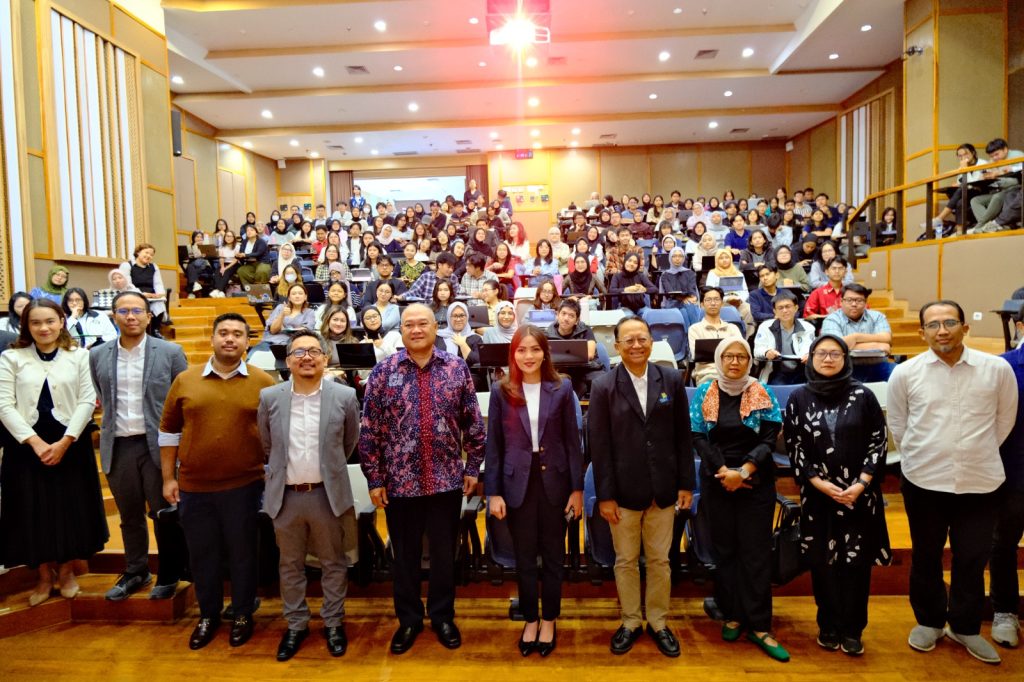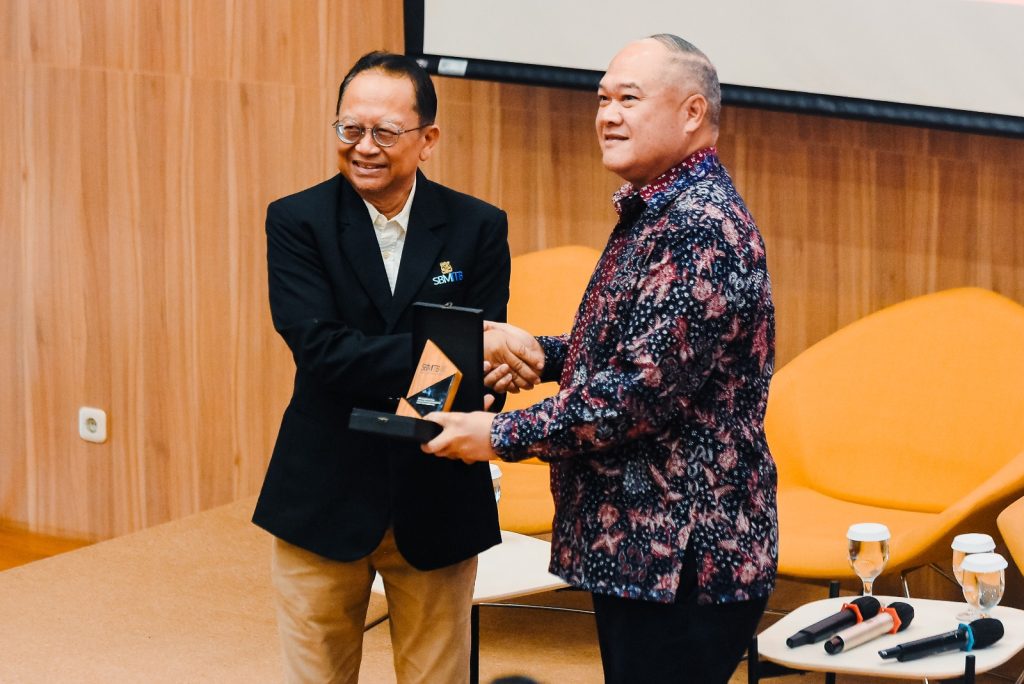Insurance and risk management are closely intertwined concepts. Every country faces vulnerabilities and risks within its insurance industry. However, Rianto Ahmadi, the Director of the Indonesia Financial Group (IFG), suggests that a probability-based approach can effectively manage these potential risks.
According to Rianto, modern risk management consists of three main processes: identification, quantification, and mitigation. The identification process involves determining potential risks within an organization. Quantification refers to measuring the magnitude of these risks. Mitigation entails implementing strategies to minimize their impact.
Rianto also pointed out that there are two types of risks: “raw risk” and “residual risk.” Residual risk is the risk that remains after mitigation efforts have been applied. He noted that insurance serves as the primary mechanism for transferring residual risk.
Rianto delivered a guest lecture on risk management in the insurance industry during the Integrated Business Experience (IBE) II event, organized by the Management Study Program at SBM ITB, on February 25th.
IFG is a state-owned enterprise that serves as the parent company for several state-owned enterprises (BUMNs) in the insurance and non-bank financial sectors. Established in 2020, IFG was created to address the challenges faced by Jiwasraya and to ensure protection for its policyholders.
According to Ibrahim Kholilul Rohman, the Head of IFG Progress, the organization plays a vital role in addressing the various risks faced in Indonesia.
“In a complex network of business operations, especially in a country like Indonesia, vulnerability to different risks is unavoidable,” Ibrahim stated. “Professionals must possess a deep understanding of the risks associated with their respective industries; hence, a strong risk transfer mechanism is crucial.”
Alvin Prabowosunu, a researcher at IFG Progress, highlighted during a guest lecture alongside Rianto and Ibrahim that insurance premium penetration in Indonesia still falls behind that of the Philippines, despite Indonesia having a higher GDP than its neighbor.
“Our objective should be to achieve comparable inclusivity across all financial sectors. This can be accomplished by enhancing public literacy and improving purchasing power,” Alvin remarked.
Dhinda Arisyiya, the Head of Digital Strategy at IFG Progress, emphasized the need for various strategies to strengthen the penetration of the insurance industry, including increasing the number of certified actuaries and improving policy sales methods.
“In the insurance sales field, word of mouth continues to play a dominant role,” Dhinda noted. “This highlights the importance of personal relationships and trust within this industry.”






